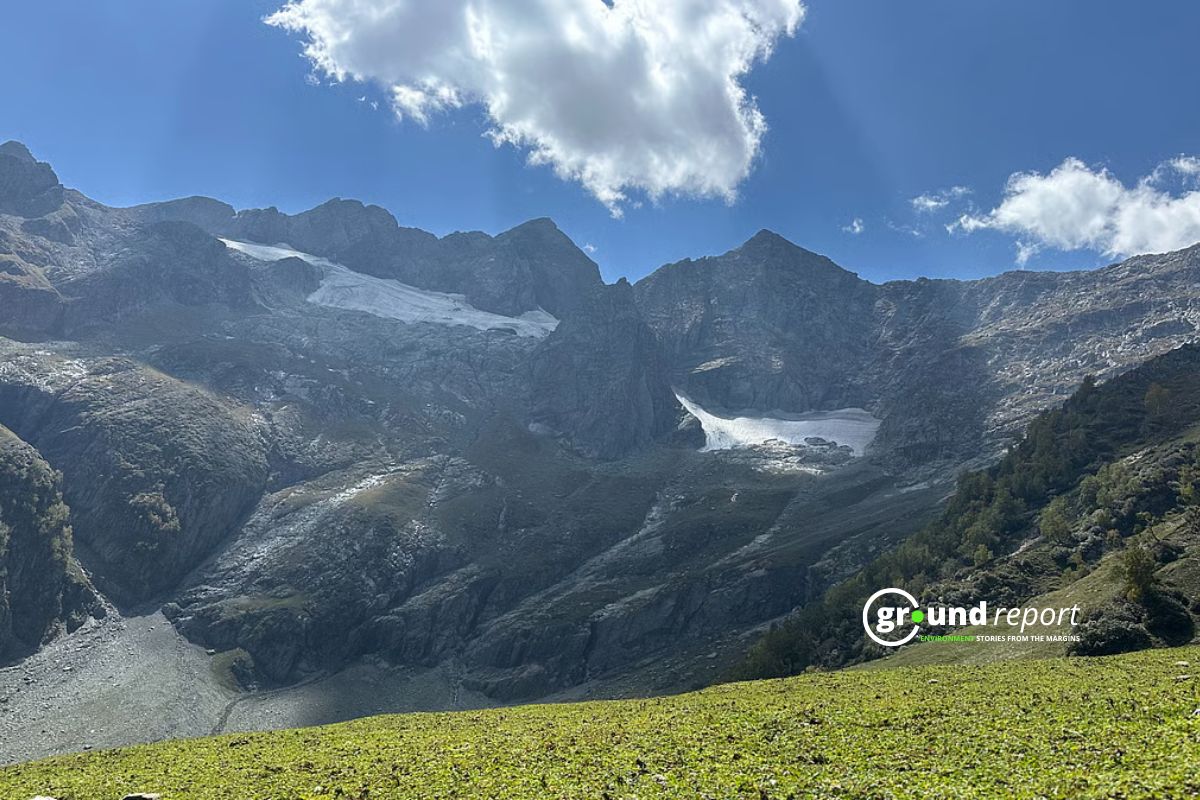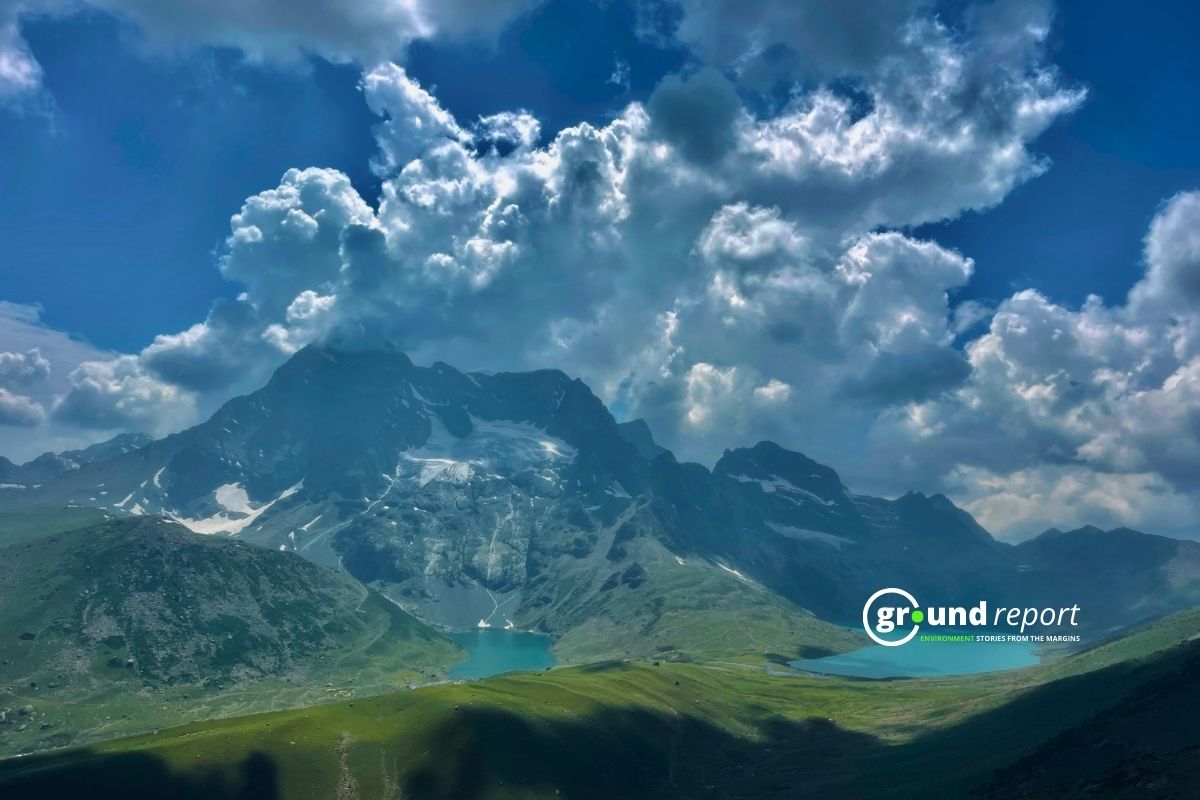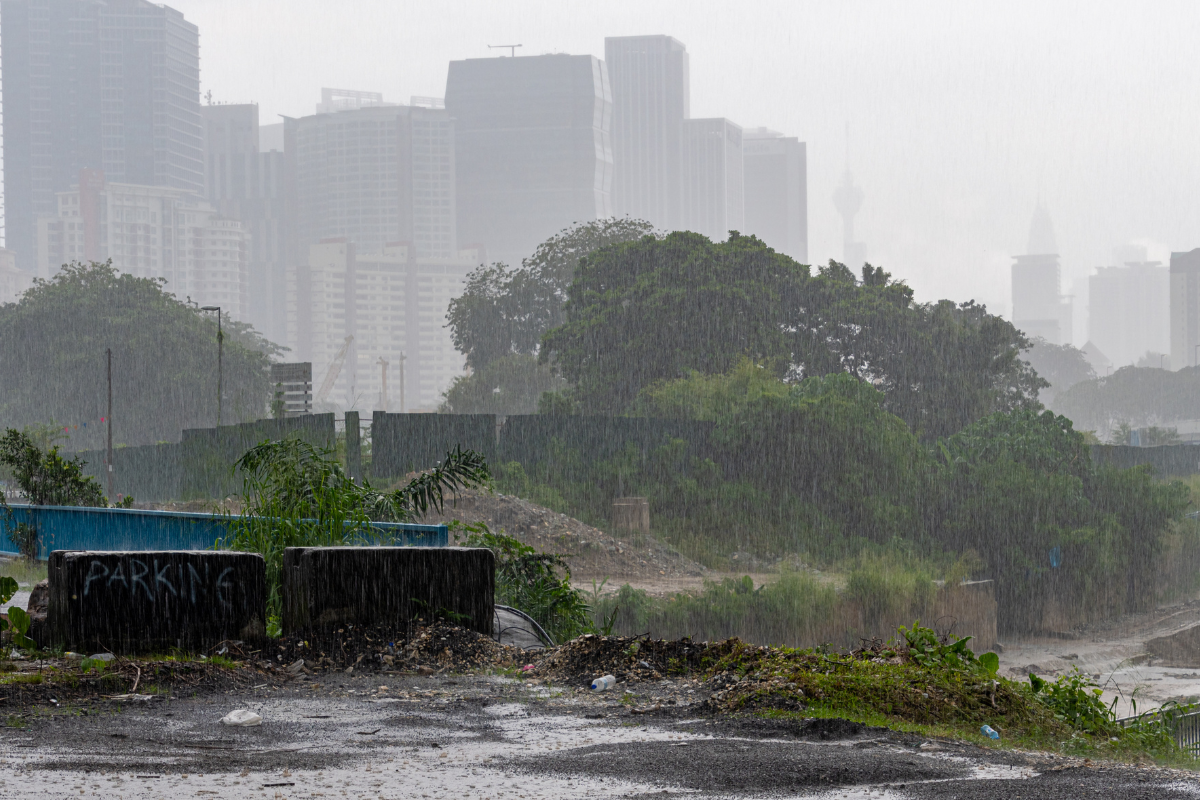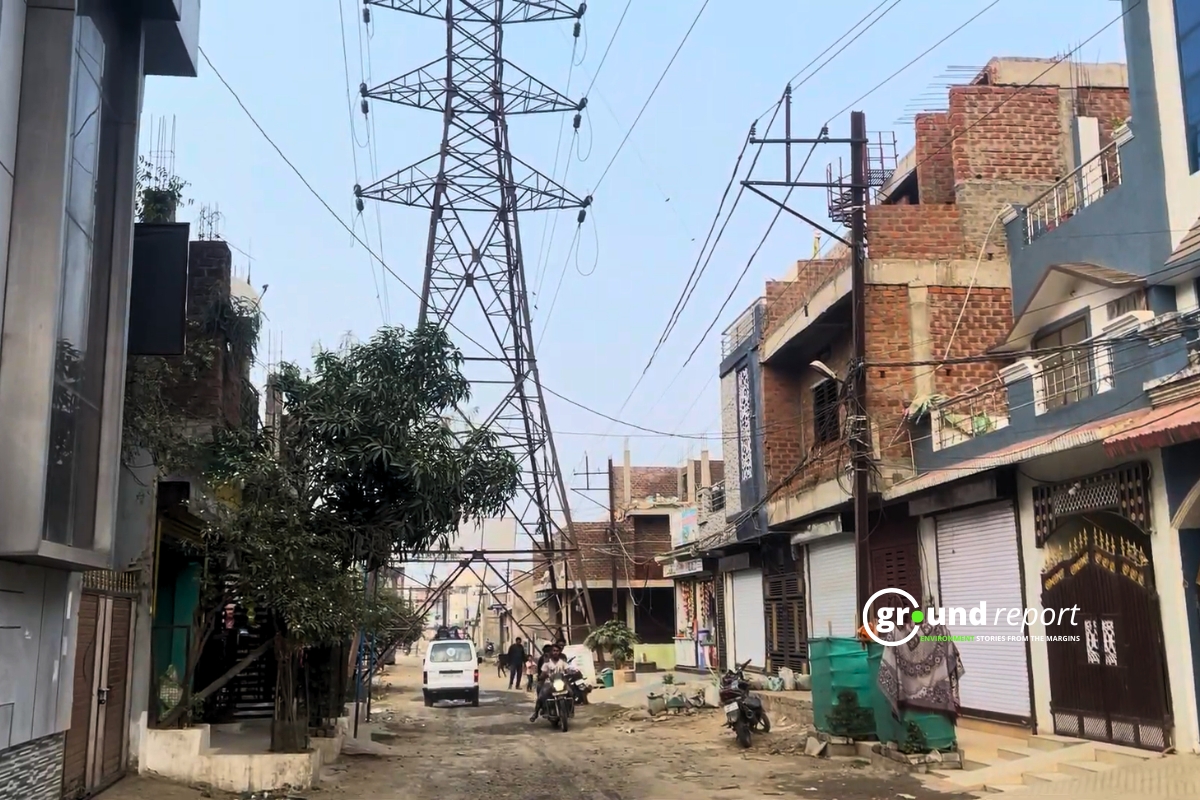India could experience intense heat waves that will break the limit of human survival, according to a World Bank report. The country has recorded several deaths due to intense heat waves in the past two decades.
The World Bank report titled “Climate Investment Opportunities in India’s Cooling Sector” said the country is experiencing higher temperatures that come earlier and stay much longer.
India was caught in the grip of an early spring heatwave in April 2022 that brought the country to a standstill. Temperatures in the capital New Delhi topped 46 degrees Celsius.
The month of March, which witnessed extraordinary spikes in temperatures, was the hottest ever recorded, the report recalled. Heat waves have increased globally over the past decade and continue to claim thousands of lives.
The Human Survival Limit refers to the general rule that humans can survive three minutes without air, three days without water and three weeks without food, but there are always extraordinary cases, some have reached nine days without water.
The World Bank report warned that rising heat in India may jeopardize economic productivity. “Up to 75% of India’s workforce, or 380 million people, depending on hot jobs, sometimes working in life-threatening temperatures. By 2030, India may account for 34 million of the 80 million projected global job losses from heat stress associated with decreased productivity,” the report says.
India showed the largest impact of heat exposure in heavy work among South Asian countries, with more than 101 billion hours lost per year.
“The G20 Climate Risk Atlas also warned in 2021 that heatwaves in India are likely to last 25 times longer by 2036-65 if carbon emissions remain high, as in the IPCC’s worst emissions scenario,” it reads.
According to a study, if the global average temperature increases by more than 1.5 degrees Celsius from the pre-industrial level, the proportion of the total population and urban area that will be exposed to successive extremes will increase rapidly.
According to the researchers, in the lower emissions scenario, the duration of a heat wave will increase from an average of 3 days in the current climate (1981-2010) to 11 days by the end of the 21st century (2071-2100).
However, in the scenario with the highest emissions, they predicted that the duration of heat waves would increase to 33 days by the end of the century.
Keep Reading
Part 1: Cloudburst in Ganderbal’s Padabal village & unfulfilled promises
India braces for intense 2024 monsoon amid recent deadly weather trends
Support us to keep independent environmental journalism alive in India.
Follow Ground Report on X, Instagram and Facebook for environmental and underreported stories from the margins. Give us feedback on our email id greport2018@gmail.com.
Don’t forget to Subscribe to our weekly newsletter, Join our community on WhatsApp, and Follow our YouTube Channel for video stories.








